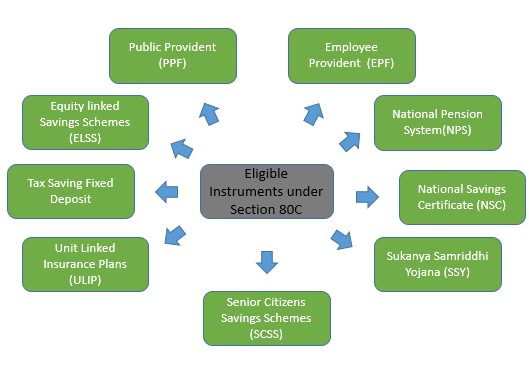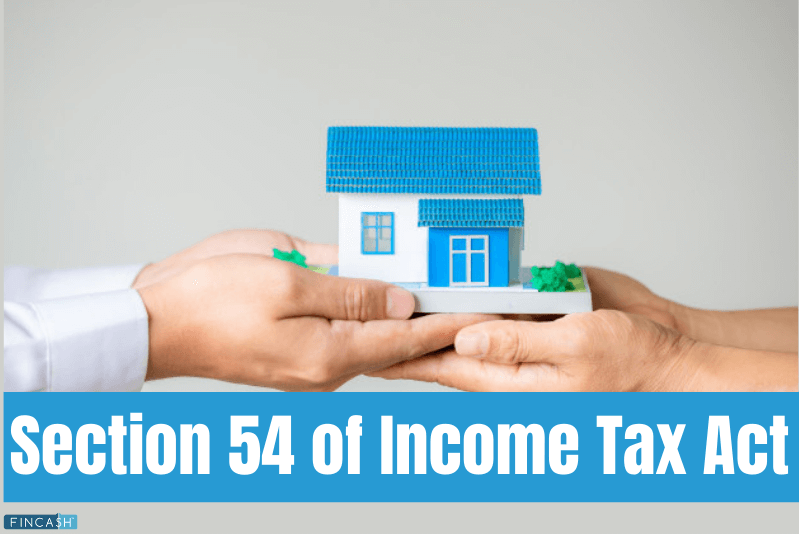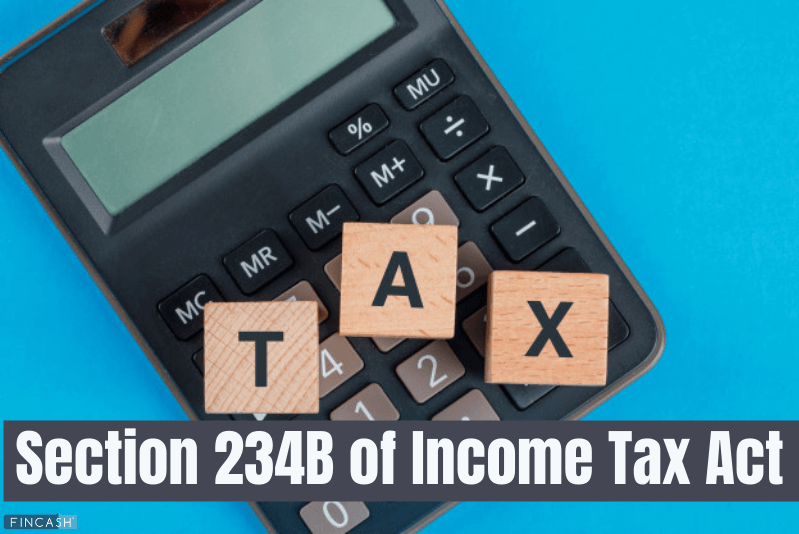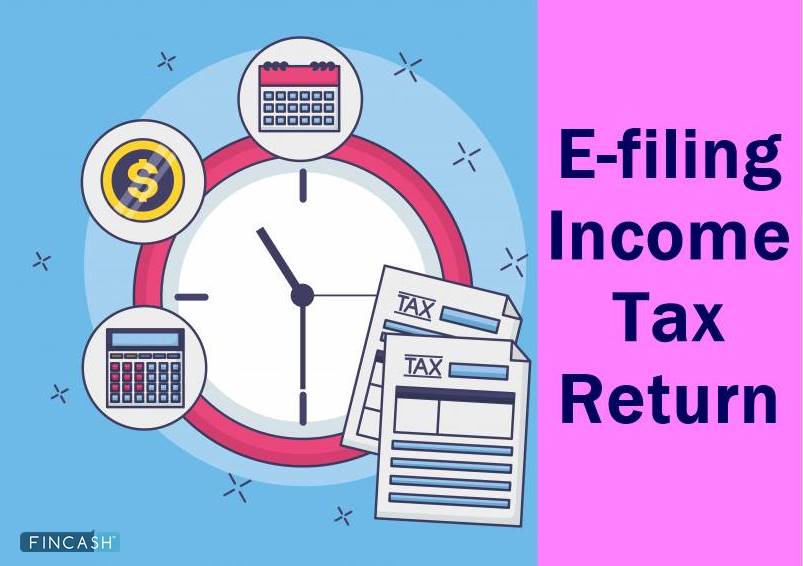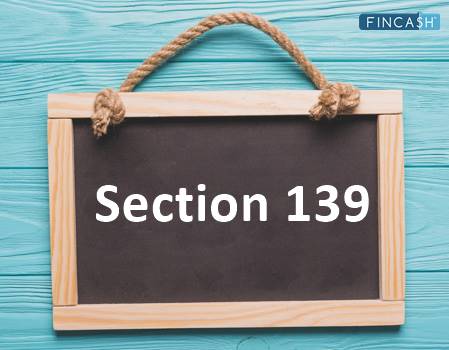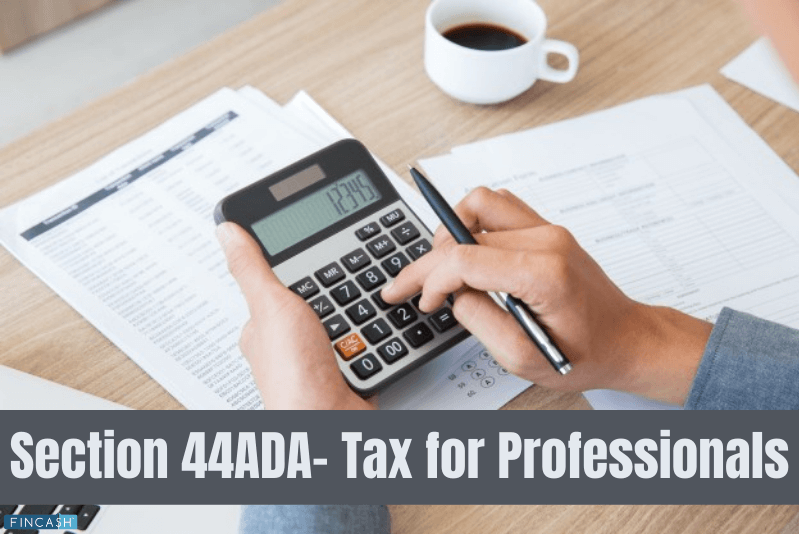
Table of Contents
5 Heads of Income Under Income Tax Act 1961
Salaried people are starting ahead with Tax Planning along with exploring avenues to claim a refund of paid tax.
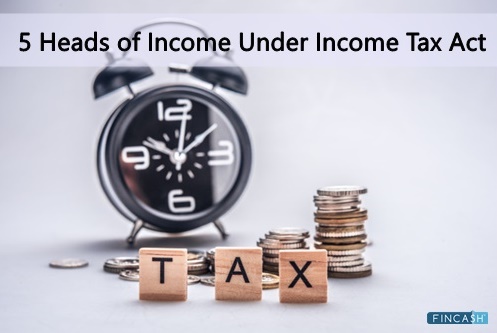
But, are you aware which Income in computed under the income tax Act 1961? Section 14 of the Income Tax Act is for computation of income under five heads. The calculation of income of a person takes place under each such head separately. After this, computation of total income takes place. Let's a have look at the 5 heads.
1. Income from Salary
When a person receives a paycheck for his job from a company it is called as salary. There must be a contract existing as per the rule of law, which can established that the payer is the employer and the receiver is the employee.
One this is established, an employee can receive the salary (remuneration’s) in following forms:
In reference to Indian income tax laws, the terminology to the salary can be the followings-
- Fees
- Wages
- Advances
- Allowances
- Pension
- Gratuity
- retirement benefits etc.
2. Income from House Property
The income earned by the owner of house property is taxable. But only if the house property is let-out on rent, then the income in the hands of the owner becomes taxable. In case the house property is self-occupied, there will be no income.
The formula for Tax Liability on Income from house property is calculated as such:
Earning - Expenses = Profit
3. Profit from Business
The profit made by the business is liable for taxation. However, one shouldn't confuse with profit and income as a term. Income from business, minus the allowable expenses incurred while running the business, is profit. In order to compute profit from the business, it is important for the taxpayer to be aware of the allowed expenses available as deductions.
4. Capital Gain
Capital gains tax is based on the holding period of the capital asset. There are two categories of capital gains- the Long Term Capital Gain (LTCG) and the Short Term Capital Gain (STCG).
Short Term Capital Gain
Any asset/property which is sold within less than three years of acquisition are considered as short-term assets, hence the profit earned by selling the asset is called to be short-term capital gain.
In shares/equities, if you sell the units before one year of the purchase date, the profit would be considered as the short-term capital gains.
Long Term Capital Gain
Here, the profits earned by selling the property or asset after three years is called as long-term capital gains. In case of equities, LTCG is applicable if the units have been held for at least one year.
Capital assets that are classified as long-term capital assets if the period of holding exceeds 12 months include:
- Units of UTI & Zero Coupon Bonds
- Equity shares that are listed on any stock exchange
- The units of equity oriented Mutual Funds
- Any listed Debenture or government security
Talk to our investment specialist
5. Other Source of Income
There are other types of income sources which will fall under “other income” head are as below:
- Interest Earnings
- Dividend earnings
- Gifts
- Provident Fund income
- Income from games like lottery, race course, etc.
All efforts have been made to ensure the information provided here is accurate. However, no guarantees are made regarding correctness of data. Please verify with scheme information document before making any investment.
